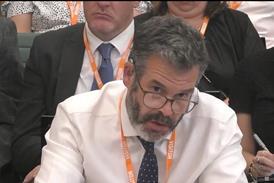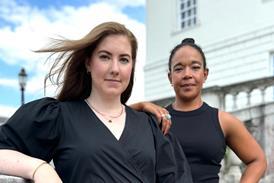The Court of Appeal has ruled that a claimant should be awarded full costs of bringing her case despite losing on one of the issues.
The claim in Webb v Liverpool Women’s NHS Foundation Trust resulted from the birth of Courtney Webb during which she suffered spinal injuries as a result of the alleged negligence of the hospital trust.
Allegations fell into two main parts; the judge upheld the first and rejected the second.
When it came to costs, the claimant's solicitor said she was entitled to full recovery of damages for her injury and loss, after a Part 36 offer to settle for 65% of the damages had been rejected by the trust.
Having decided the issue of liability, His Honour Judge Saffman ruled the claimant could not recover her costs for the second, unsuccessful, allegation.
This meant deducting the fees of a midwifery expert and 25% of her solicitors’ time costs.
Saffman said the court had discretion to make such an order, notwithstanding the success of the claim. In the circumstances, it was just to make an issues-based proportionate costs order.
National firm Irwin Mitchell, representing the claimant, argued the second allegation had not been made or pursued unreasonably or irresponsibly, with both allegations concerning a single event.
It was common, argued the lawyers, particularly in a relatively complex personal injury case, for a claimant to succeed on some allegations of negligence and to fail on others.
‘The mere fact of her failing on a sensibly pursued allegation of negligence did not justify her being deprived of part of her costs,’ they added.
Hill Dickinson, representing the defendant, said the judge had been entitled to restrict the claimant’s recovery to her costs relating to the first allegation and to have only those costs assessed on the indemnity basis.
Sir Stanley Burnton (pictured), sitting in the Court of Appeal, said the eventual judgment was clearly more advantageous to the claimant than the proposal in her Part 36 offer.
He said the two allegations were part of one event, despite relating to separate parts of the mother’s labour.
‘The judge could not properly have deprived the claimant of her costs relating to the second allegation,’ he said.
‘It cannot be said that it would be unjust for her to be awarded all her costs. Furthermore, in making his determination, the judge did not take into account, as he should have, the fact that the defendant could have avoided all the costs of the trial by accepting the claimant’s favourable part 36 offer.’



























6 Readers' comments